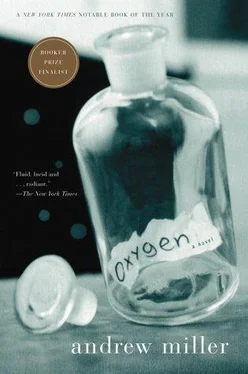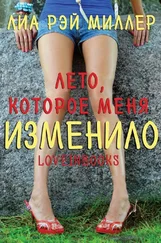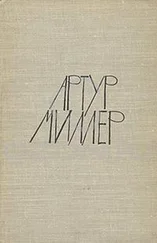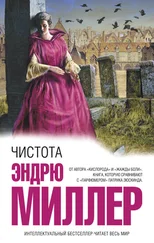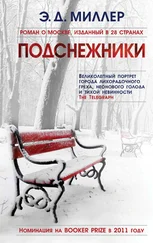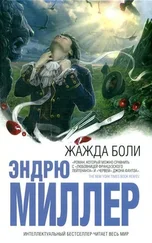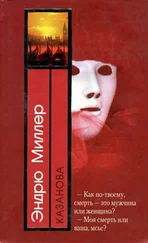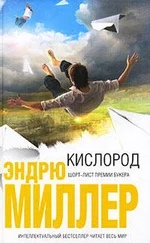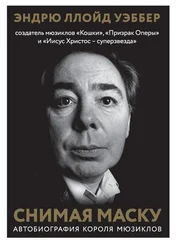Almost immediately, Péter was hauling himself from the shattered passenger window. He saw László, shouted a warning, and pointed back up the drive, though there was no need. László had already seen the other car, a Russian military saloon pulling up twenty metres from the Skoda, three men inside (two in uniform, one in the back in plain clothes), who flung open their doors and began to shoot with pistols. Seeing it again, seeing the distances involved, it seemed extraordinary how even in the fading light they could have kept missing. Half in, half out of the car, Péter was a simple enough target, yet between them they must have fired a dozen times before they hit him. Then Péter had stopped struggling for a moment and became utterly still, as though the bullet were a thought, an idea, the most extraordinary he had ever had. The second caught him as he slithered down the blackened underside of the car. He cried out. A shocked, aggrieved sound. A sound of appalled protest at the realization of what was happening to him. The third dropped him on to his knees, though even then he didn’t stop, but kept crawling towards the shelter of the pillars.
All this László saw through the loop of the tommy-gun’s forward sights. He had raised the gun and pressed it to his shoulder, just as Feri had instructed him. He had drawn a line over Péter’s head to the plainclothes man, the most dangerous of the three, the one who fired with the greatest deliberation. And so intent were they on murdering Péter, such an appetite, they had not even noticed László, braced in the shadows, dark beside the dark of the stone. But as his finger touched the steel kiss-curl of the trigger, he knew that he would never pull it. Whatever it was a man needed in his nature to destroy another, he simply did not possess it. The act was beyond him. He could not kill. Could not. And this he learned about himself at the very moment when the human being he adored most fervently of all was gunned down by men who ought to die, but whom he could not bring himself to harm.
How long did it last? As long, he thought, as it took to tell it. Long enough. Then the crack! crack! of a rifle from one of the ground-floor windows to the right, the plainclothes man slumping against the car, the uniforms bundling him on to the back seat, and the big car reversing at speed, swaying its plated flanks like some ungainly animal startled at a water hole. Feri sprinted from the double doors behind László, wrenched the gun from his grip, and set off in pursuit, shouting wildly and firing from the hip, gangster-style. At the wreck of the Skoda, Karcsi and Joska knocked in the windscreen with rifle butts and dragged out the unconscious Zoli. Anna, crying his name, ran to where Péter lay between the car and the pillars, his jacket torn open beneath his ribs, and so much blood, and such a smell of blood, one of the bullets must have burst his liver. She knelt beside him, pressed her cheek to his lips, then turned to László, gazing up at him with such mysterious intensity that he realized – sudden shock of embarrassment and gratitude – that she knew everything, knew exactly what Péter had been to him, and had guessed it long ago. Their secret! Had she also, then (this girl majestic in the presence of death), understood why he had not pulled the trigger? Why he had abandoned his friend to the killers?
When Feri came back they wrapped Péter in a tarpaulin and carried him, all five of them, into one of the classrooms, and laid him on the table. Nobody reproached László – if nothing else, the utter dumb misery on his face would have made accusations impossible – but he spent the night apart from them, curled in a ball under his coat, shivering, while in the distance scattered gunfire played out the last hours of the revolution. Nagy was gone; General Maléter a prisoner of the Russians; and though the radio continued to broadcast appeals, the world had its eyes elsewhere, and there would be no help for Hungary, no miraculous intervention. In the fighting by the Killian barracks the next evening, Feri was killed by a grenade blast. At the end of November, Joska and Anna were arrested, beaten for days, and sent to Tokol internment camp on charges of armed conspiracy. Zoli went into hiding. Karsci fled the country. Two hundred thousand that year, László among them, crossing the winter marshes with their suitcases, their parcels, their spoiled lives.
A girl with black hair and a little silver stud in her nose put her hand on his arm and asked if he was unwell.
‘It’s just the heat,’ said László.
‘Sit in the shade,’ she said, leading him to a bench under the trees. ‘I thought you were going to faint.’
‘I just need to breathe,’ he said. ‘Really, I’m feeling much better already.’
‘Shall I fetch you some water?’
‘I’m fine now,’ he said. ‘You’re very kind.’
‘Sure?’
‘Thank you.’
They smiled at each other, and she left him on the bench. For a last time he looked to where, beyond the pillars, a breeze was pooling the heads of the chestnut trees. It was done. He had come back and stood as a penitent. He had paid his dues of memory and love. He had done what was possible. And though he knew he could never entirely forgive himself for Péter Kosáry’s death, and certainly could not put it right forty years after the fact, could not now pull the trigger, he wanted his freedom. One fatal moment had held him captive for two-thirds of his life, and it was time for that to stop.
He joined his hands like a Buddhist and bowed his head. The gesture somewhat surprised him. Had he seen Kurt do it during his yoga practice at the apartment? But the impulse was honest, and the occasion demanded its ritual. Then he stood, shouldered the bag, waved to the girl on the grass, and returned to the road, seeing, in the oracle of his imagination, the other bag, the heavy one, already being handed on (another meeting, another dry exchange), until it reached the men in the smoked-glass BMWs, the new kingmakers of the old Soviet empire, and a deal was struck, so that on some moonless night Emil Bexheti and his friends could come down from the mountains and cross the border in hushed columns. In this at least he had played his part. Who knew what else he might do? Strange how a little faith may strike a man so late in life, how bad beginnings can at last be overcome. László the Bold? It amused him to think he might now die an idealist, a man of action, and he crossed the Szabadsag bridge to Pest, his shadow on the brown water striding behind a nexus of spars, unhindered.
All morning there were flowers, bouquets that arrived from Interflora or were dropped off by friends who said, ‘I won’t come in just now.’ When Larry answered the door they reminded him of their names and said how nice it was to see him again, what a comfort it must be for Alice to have him home. ‘Give her our love.’
‘I will.’
‘And tell her we’re all thinking of her.’
‘I promise.’
There weren’t enough vases for so many flowers. They used buckets, saucepans. Even the washbasin in the downstairs toilet, a spray of lilies.
In the kitchen, Ella and Kirsty baked a cake. They wrote ‘HAPPY BIRTHDAY GRANDMA’ in pink icing, and dotted the ‘i’ with a candied lemon diamond. Mrs Samson arrived at midday. She put on an apron, rolled up her sleeves, and made watercress sandwiches and a batch of scones to be eaten with clotted cream and the last of last year’s bramble jelly. When she worked she liked to have the radio on, a station with sing-along music and the local news. The weather forecast was for skies clear all day, temperatures in the mid-seventies, a small chance of rain after dark.
Alec and Larry carried the trestle table from the workroom into the orchard. They set it in its usual place – the bulbs were still strung overhead, pointlessly – and spread it with darned white cloths, then brought out chairs from the dining room, the dark wood and dark leather a little strange and comical in the brightness of the garden, like the men in their frock-coats in Déjeuner sur I’herbe. Larry lit a cigarette and sat at the table. He had been drinking, but not heavily. Alec sat opposite him.
Читать дальше
